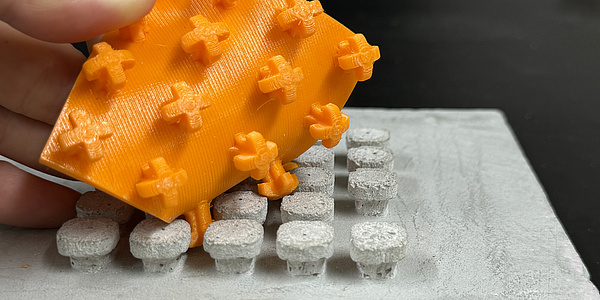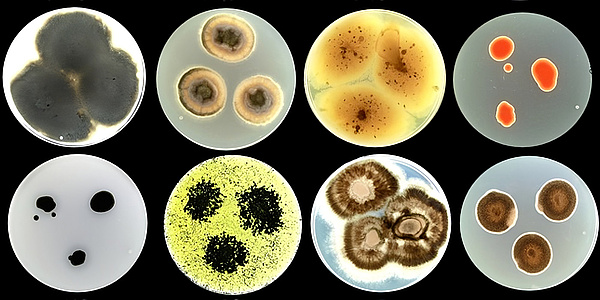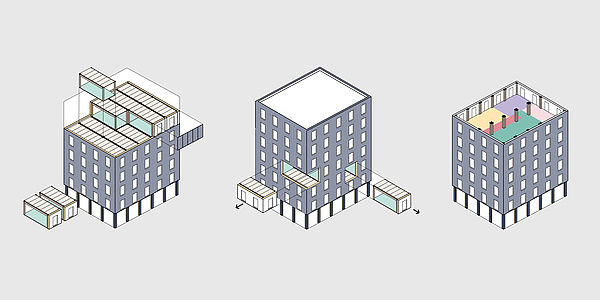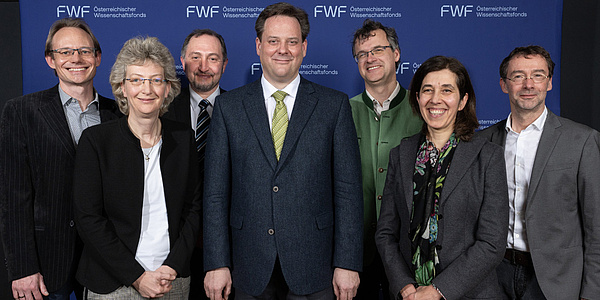TU Graz Develops a Hook-and-Loop Fastener for Building Components

The simplified connection and separation of individual elements can save time, material and construction waste during repairs, renovations or changes of use.

The simplified connection and separation of individual elements can save time, material and construction waste during repairs, renovations or changes of use.

In the ERC project HelixMold, a team from TU Graz developed a method for the computer-based design of artificial proteins, with a focus on custom biocatalysts for pharmaceutical applications or the…
One topic, but a multiplicity of angles and perspectives.
Energy storage systems are becoming increasingly important, powerful and widespread. However, this also means that the demands on their safety and durability are growing.

An international research team, including Graz University of Technology, wants to integrate selected microorganisms into façade coatings to bring building walls to life. The microorganisms are…
![[Translate to Englisch:]](https://www.tugraz.at/fileadmin/_processed_/5/8/csm_Banner3_GAM21-OutNow_2zu1_ce26005e96.jpg)
The 21st edition of Graz Magazine of Architecture will be published on 20 May 2025. 13 essays highlight perspectives and approaches towards climate neutrality in the construction industry. GAM 21 is…

The consequences of global warming are also becoming increasingly noticeable in Styria. TU Graz has analysed how they affect individual municipalities and derived suitable recommendations for action.

A good urban climate also needs a good traffic concept. Aglaée Degros, head of the Institute of Urbanism at TU Graz, explains what such concepts could look like and how they could succeed.

Repairable and exchangeable skeleton modules with open load-bearing structures enable different types of use and uncomplicated adaptations in the event of future changes. Building heights of up to 24…

For us, utilising solar energy often means generating electricity using photovoltaics. Sophisticated architectural modifications, however, make much more possible.

In the collaborative project “Circular Bioengineering”, researchers at five universities are developing methods and processes for producing sustainable bio-based chemicals and materials. The funding…
Monthly Newsletter about current Researchtopic at Tu Graz. Follow now.
TU Graz | Communications and Marketing
Rechbauerstraße 12, 8010 Graz
+43 316 873 6005
kommunikation@tugraz.at